Apply QUEST with our Technical Manual!
The QUEST Technical Manual on "Quality Management: De-Risking Green Investments in Building Projects" is out today with a foreword by REHVA President Frank Hovorka! The Manual aims to provide building owners, investors & developers with an easy-to-use guide on how they can achieve a higher technical quality within their building projects through the integration of Quality Management Services.
Financial investments into building projects don't always deliver on the expected performance results that owners or investors might have, this different between expected pre-defined performance and actal perfromance is called the "building performance gap". This gap is caused by technical issues in the building projects and in turn brings financial risks as they can lower the value of the building units. The Manual provides an easy explanation on how different Quality Management Services (Technical Monitoring, Building Commissioning, Green Building Certification) can be easily integrated into building projects to ensure the technical quality and mitigate the performance gap.
The toolbox has been developed as part of the Horizon 2020 QUEST project that aims to de-risk green investments going into building projects by mitigating the technical risks through specific quality management measures that can easily be implemented. It does by providing solutions:
- The QUEST Predictive Valuation Tool: An easy-to-use tool which calculates appropriate budgets for Quality Management Services in the early phases of a project to ensure the maximum value-add for the project.
- An open-source data set for Certifiable Post-Project Evaluations based on a unified data set that enables the continuous documentation and evaluation of measures taken and the impact of QMS. Annex II and Annex III in the Manual define the processes for evaluation and explains their application for easy procurement.

